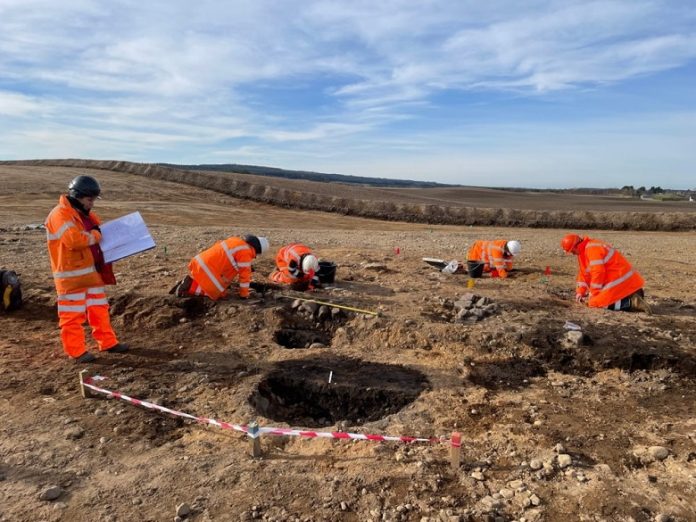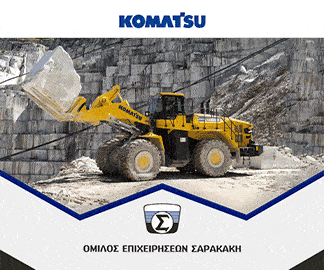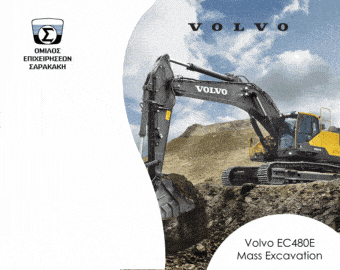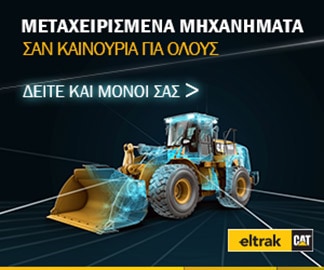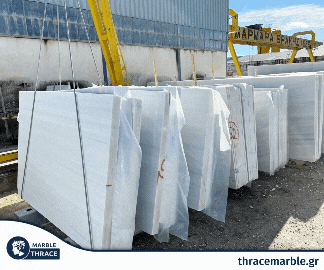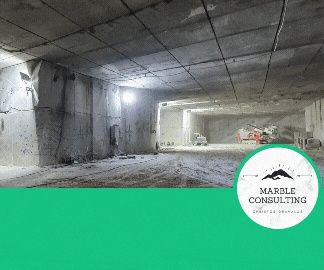A recent archaeological dig at a quarry in Scotland found evidence of a potential Roman battle on a former ironworking settlement, with some findings dating back to around 2000 BCE.
The multi-phase Bronze Age through to Iron Age site has been discovered during pre-quarrying investigations at Lochinver Quarry near Elgin, Aberdeenshire, thanks to funding from Tarmac and support from Archaeological Research Services and Aberdeenshire Council.
Tarmac is a UK-based business that provides sustainable construction materials, road contracting and building products.
Archaeologists working at the Lochinver Quarry found several dozen buildings dating to the Bronze Age and Iron Age (circa 2000 BCE to 100 AD), along with findings such as iron furnaces, domestic hearths, rubbish and storage pits, timber enclosures and cremation burials.
Evidence of ironworking at such a large scale is rare, marking it as an exciting find for the team.
Radiocarbon dating of some artefacts date them to the end of the first century AD and suggest the settlement was abandoned after burning. The archaeology team suspects this might indicate evidence of the Roman battle of Mons Graupius, the exact location of which remains a mystery.
“This is a genuinely exciting find unlocked by the quarry project and by carrying out proper and professional investigation in advance,” Tarmac estates manager Stephen Cowan said.
“The expertise and enthusiasm of the archaeology team have really brought things to life and engaged everyone.
“It has also been good to also share the findings on the ground with the wider community and everyone is keen to see what else will be revealed in the later laboratory analysis.”
Dr Clive Waddington of Archaeological Research Services and the director of the site called it “a rare and important site”.
“(It) provides an exciting opportunity to further understanding of later prehistoric life, early metalworking and the impact of Rome in the far north of Britain,” he said.
“This is a topic that is still relatively poorly understood and one that is in need of new evidence, such as that discovered at Lochinver, to shed new light on these important, though neglected, parts of our history.”
It is hoped the site will provide important new evidence that will help to address questions surrounding the battle of Mons Graupius, as well as the impact of the Roman invasion on the Iron Age tribes of Scotland and its legacy for local communities.
Laboratory analysis forms the next stage of this work, which researchers hope will provide more information on the subjects.
“The remains from Lochinver Quarry are an exciting discovery with huge potential to improve our understanding of Bronze Age and Iron Age life in north-east Scotland,” Aberdeenshire Council archaeologist Bruce Mann said.
“We now look forward to the program of post-excavation analysis, which will reveal much more about the date, function and significance of these structures.”
Source: www.quarrymagazine.com



